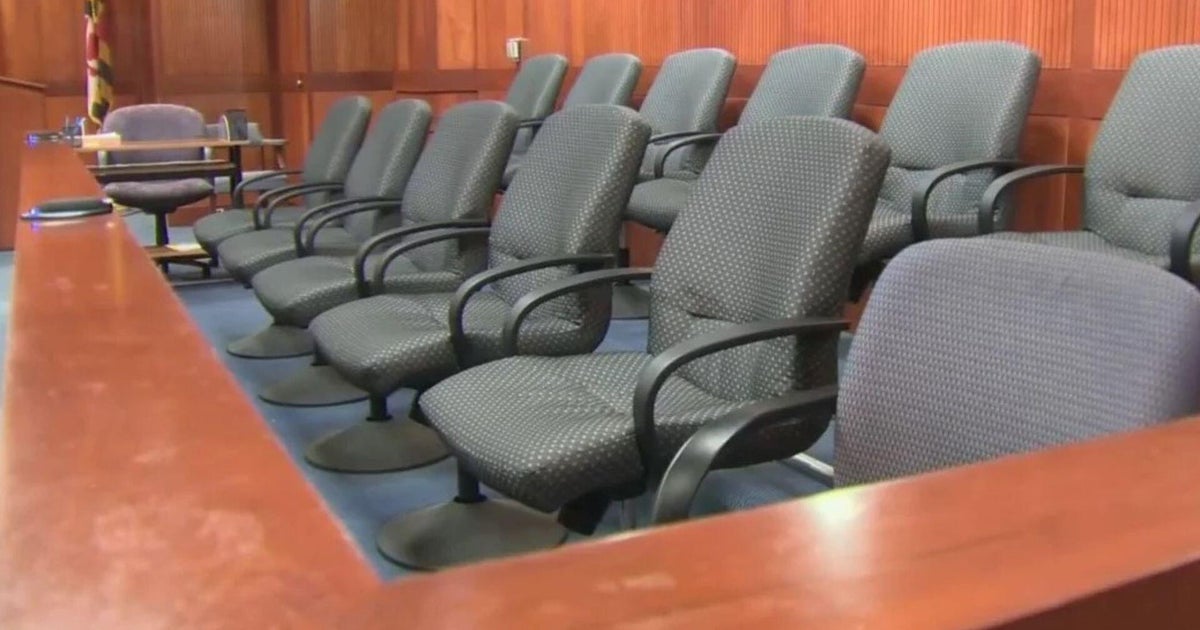"Client 9": How Spitzer fell (or was pushed)
"It's a hard film to boil down," said director Alex Gibney of his new documentary on the very public fall from grace of New York's former governor who was outed for having used the services of call girls.
But the narrative of "Client 9: The Rise and Fall of Eliot Spitzer" is anything but straightforward, and its tawdriness is not limited to the pay-for-sex sense.
The film presents unsettling questions surrounding the case which exploded in March 2008 when Spitzer was named in The New York Times as having been a customer of the Emperors Club VIP escort service.
For example:
Why was the FBI - which never investigates escort services - devoting considerable manpower and resources to tapping the phones of the Emperors Club? And why were details about its girls leaked to reporters, including their real names and home and work phone numbers?
Why was Spitzer the only client pursued by the feds for being a john, when other public figures (such as Louisiana's Republican Senator David Vitter, caught texting the D.C. Madam from the Senate Chamber) have gone untouched?
How did a notorious GOP dirty trickster learn about Spitzer's proclivities and allegedly inform the Justice Department, in a letter the feds say they never received?
Why did one of the many powerful enemies Spitzer had made during his investigation of Wall Street corruption admit to a CNBC reporter, when news of Spitzer's outing broke, that he already knew about it, and boasted that a witness had informed him of details?
It's all enough to make even the most un-conspiracy-minded go hmmmmmm. . . .
Spitzer certainly was a star ascendant when, as New York's Attorney General, he investigated bankers and investment fund managers. The "Sheriff of Wall Street" handily won election as Governor, with a vow to clean up corruption in Albany.
But he had a target on his back - and news of Spitzer's sex scandal not only brought rejoicing to Wall Street, it also stopped dead in its tracks investigations of abuses in Big Finance (which would, only months later, collapse spectacularly).
Gibney said his take on the story changed as he delved deeper into its issues - that it was not just about a prominent figure making a public fool of himself, but about the outside forces that may have contributed to the salacious spectacle.
"When I approached the film (and I think it was one of the reasons why Spitzer agreed to appear), it wasn't only going to be a film about the scandal - the rich irony of the Sheriff of Wall Street seeking comfort in an escort service. Yes, it was a rich irony, but it wasn't a unique irony. But there was something odd about the timing of it all."
And so Gibney dug in, joined by investigate journalist Peter Elkind (with whom he'd collaborated on "Enron: The Smartest Guys in the Room").
Gibney said the only condition Spitzer made for agreeing to be interviewed was that the filmmakers share with him any new discoveries so that could comment. "But there was no deal about what we couldn't or couldn't use - we were going to use anything," Gibney said.
One of the most fascinating - and jaw-dropping - aspects of "Client 9" was how Gibney was able to get so many of Spitzer's enemies, whose actions carry the whiff of conspiracy, to talk on camera with such candor and glee. (Well, to be honest, the glee part was not so difficult to understand.)
Case in point: Kenneth Langone, cofounder of Home Depot and former director of the New York Stock Exchange. In 2003 he was prosecuted by Spitzer for approving a $140 million retirement package for then-Chairman of the NYSE Dick Grasso. Though the lawsuit was thrown out in court, Langone never forgave Spitzer.
In Gibney's film, Langone is forthright about his opinions of his adversary - even in the face of CNBC video in which Langone suggested he had an informant who witnessed Spitzer purchasing postal money orders used to pay for call girls.
"I think he wanted to dance on Spitzer's grave," Gibney said. "The degree of the enmity towards Spitzer, the vitriol, was so high that I just think he couldn't resist."
Gibney said the same thing goes for Hank Greenburg, the former head of AIG who was forced to resign after Spitzer began an investigation into fraud at AIG and the reinsurance firm Gen Re. "Hank Greenburg's office called me up the same day the project was announced," wanting to talk, Gibney said
Though Greenburg's lawyers prevented him from talking for some time, the exec was made available for the cameras, Gibney noted, once the statute of limitations passed for criminal prosecution on the Gen Re matter.
Coincidence? Hmmmmmmmmm . . .
GOP dirty trickster Roger Stone (who was a consultant to embattled New York Senate Majority Leader Joseph Bruno) boasted that he'd sent a letter to the FBI informing them of Spitzer's peccadilloes, which he claims was the impetus for the Federal investigation into the Emperors Club VIP.
The FBI insists they have no record of receiving any letter from Stone (and, conveniently, the copy of Stone's letter obtained by the filmmakers had the address and addressee redacted).
Yet federal investigators who interviewed the Emperors Club VIP's call girls and madam presented wiretap data and information that was exceedingly detailed. This was no truck stop bust.
In his zeal to find out more about the scandal, Gibney discovered that Ashley Dupre, the escort who was unmasked as the call girl Spitzer met at a Washington, D.C. hotel, turned out to be a bit player - she wasn't even the woman with whom Spitzer regularly consorted but was merely filling in that night.
That girl, working name "Angelina," agreed to speak but only if her face and voice were kept secret. And rather than fall back on the time-tested method of obscuring a witness' features and voice on camera - silhouetted in shadowing lighting, distorted voice - Gibney opted to have transcripts of "Angelina"'s interviews performed by an actress, full disclosure given.
Instead of presenting the working girl as a criminal, like a mob hit man, "Angelina" is seen as someone who speaks the truth about the escort industry, and as a victim who falls prey to government interrogators.
Gibney said he was unable to interview only three people he sought : Dupre; Spitzer's wife, Silda Wall Spitzer; and Michael Garcia, the former U.S. Attorney for the Southern District of New York who launched the investigation of Spitzer only to announce, many months later, that there were no prosecutable crimes.
"It is scary!" Gibney said of the reach of the Justice Department in the case. "On the one hand people can say, "Well, what difference does it make? I mean, he did what he did.' Yeah, but the investigation is really quite scary because you realize the power of the federal government. And they didn't do this to David Vitter; they just decided they were going to do it with Elliot Spitzer."
And what was Gibney's takeaway? "A greater understanding of the man himself, a greater understanding of the viciousness of the political blood sport, and then a rather textured understanding of how he was outed," he said.
"Client 9: The Rise and Fall of Eliot Spitzer" is now playing theatrically in several U.S. markets, and is also obtainable on VOD.
For more info:
"Client 9: The Rise and Fall of Eliot Spitzer" (Official website)



